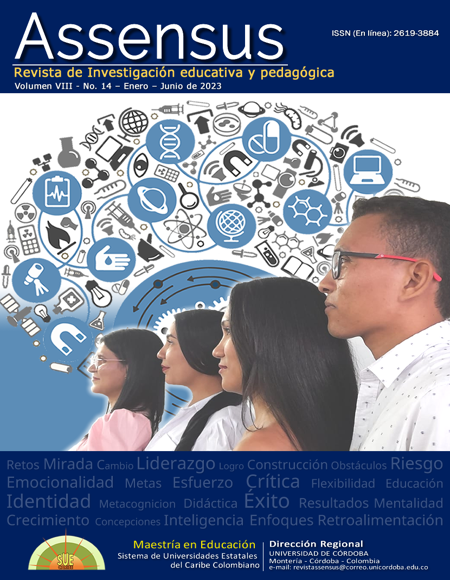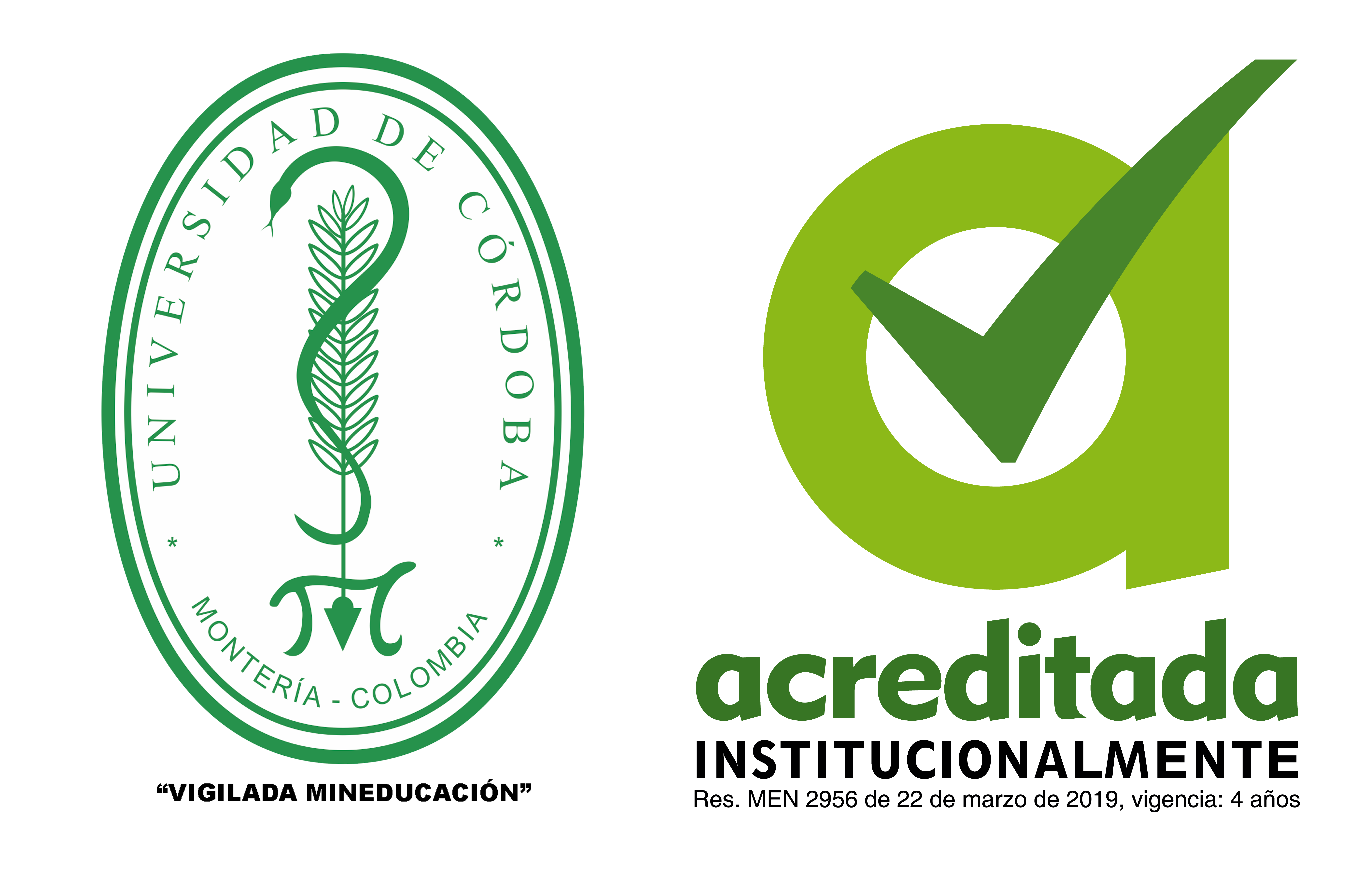Curricular conceptions: a view of the teacher’s elementary school in relation with the processes of teaching, learning and evaluation
Concepciones curriculares: una mirada de los docentes de básica primaria en relación con los procesos de enseñanza, aprendizaje y evaluación

This work is licensed under a Creative Commons Attribution-ShareAlike 4.0 International License.
The Assensus journal has a Creative Commons license. The citation, use and partial or total reproduction of the contents is authorized by citing sources. For more information, see https://creativecommons.org/licenses/by-sa/4.0/deed.en
Show authors biography
The research seeks to interpret the curricular conceptions that the teachers of the Centro Educativo El Llano in relation to the teaching, learning and evaluation processes that they carry out with the students. The methodological apply is a study developed under the qualitative, hermeneutic approach that defined the categories that responded to the objectives set. The techniques used were the semi-structured interview was designed, the discussion group and the learning guides were organized and applied to 7 primary school teachers, whose responses were reviewed and analyzed with the help of Atlas TI software version 9. Among the results, it is not possible to consider a hegemonic unit; what is noticed is a polysemic expression of different meanings of the curriculum, which enters in constant review, evaluation, adaptation and construction. Besides, the teaching process is focused toward a planning view, the learning process can be inferred that teachers emphasize the importance of forecasting activities, resources, and strategies that they would use in the classroom with their students; finally, the evaluation process obtained two views, one prior to the pandemic and another governed by the pandemic, where it ceased to be quantitative and became more qualitative taking into account attitudes, staging and motivation.
Article visits 200 | PDF visits



